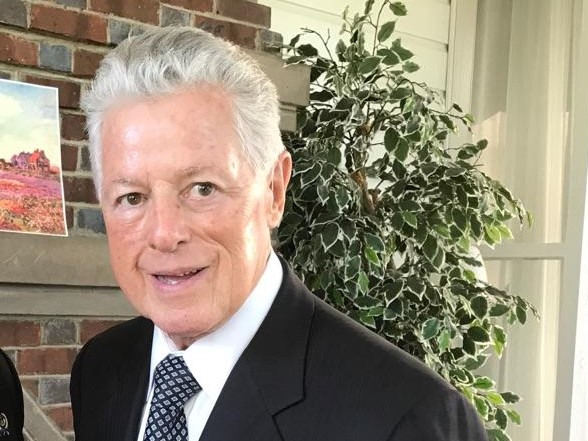On Earth Day, Harness the Energy for Major Policy Changes

BY JAMES J. FLORIO
With all of the worldwide attention on the coronavirus pandemic, something that is important has been virtually ignored: Earth Day, and its celebration --- especially in light of its 50th anniversary this year.
Earth Day should have served as a symbolic conceptual umbrella under which a cluster of major policy issues should be addressed; globalization, which is facilitating the mass movement of people, technology and germs; climate change, which is accelerating, leads to the disruption of populations and the shifting of agricultural patterns and healthcare practices; water policy disputes over quality and quantity, that have the potential for initiating international warfare; and energy economic battles between advocates of fossil fuels and advocates of clean renewable energy resources.
Earth Day emerged out of an awareness in the late 1960s as to the serious damage done in the preceding 100 years of industrial “progress” without any attention to environmental impacts. Rivers used as waste disposal receptacles for chemicals that caught on fire; towns and large residential areas, like Love Canal in Niagara Falls, New York, and Times Beach, Missouri, had to be abandoned due to contamination from toxic waste disposals. The discovery of a multitude of sites of water and air pollution forced national attention. Earth Day was first officially celebrated in 1970.
Rachel Carson’s best-selling book, “Silent Spring”, captured the new and emerging sensitivity to environmental degradation. In New Jersey, a particularly heightened awareness occurred as a result of its history, up until the 1950s, in being the center of the chemical and petrochemical industries at a time when people were unaware of the dangers of unregulated random disposal of toxic waste. Earth Day symbolized a national recognition of such folly.
There is now a need for a new recommitment to the irresponsibility of ignoring such challenges as globalization, climate change, pandemics, water availability and clean energy issues. These are separate but clearly related issues, demanding and deserving of intensive and informed attention and action. The question is, how to get it…
The answer in a democracy is clear fact-based courageous leadership that is willing to take on this difficult task of informing citizens as to their available options in forming public policy that is in the public interest. Not always an easy job since it may entail taking on the status quo. Not for the faint-hearted…
An essential component is getting citizens – average citizens in the general public – engaged and informed. Engaged, because this is the way our system is supposed to work: Participatory Democracy. The system does not work unless we all work at making it work. Informed, because you can’t fix a problem if you don’t understand the problem. Worse yet is if you don’t even know there is a problem…
The pandemic has focused our attention on public policy like nothing else in my lifetime, short of war. That energy should be harnessed into a movement for major policy changes in a way that movements were previously formed to advance – civil rights, women’s rights, protection of the environment… citizens are ready, but from where will the leaders come???
James J. Florio, Esq. served as the 49th governor of New Jersey from 1990 to 1994 and is a Founding Partner at the law firm of Florio Perrucci Steinhardt Cappelli Tipton & Taylor LLC.





